Understanding the complexities of toxic relationships is crucial for anyone seeking mental and emotional well-being. One of the most challenging aspects of these relationships is the formation of a trauma bond. If you’ve ever wondered how to break a trauma bond, this blog post aims to guide you through the process with practical advice and insights.
What is a Trauma Bond?
A trauma bond is an emotional attachment that forms between a victim and their abuser, typically in relationships characterized by intermittent reinforcement of reward and punishment. This type of bond is common in abusive relationships but is also found in situations involving high levels of emotional abuse and manipulation.
How to Identify a Trauma Bond
If you find yourself repeatedly returning to a relationship that causes you harm, you’ve likely formed a trauma bond. Here are some signs:
- Feelings of Unworthiness: You often feel unworthy or undeserving of better treatment.
- Rationalization: You rationalize the abuser’s behavior, making excuses for their actions.
- Isolation: You feel isolated from friends and family who might otherwise offer support.
- Emotional Dependency: Your emotional well-being is heavily dependent on the abuser.
- Difficulty Leaving: Despite the pain and suffering, you find it incredibly difficult to leave the relationship.
How to Break a Trauma Bond: Steps to Take
Breaking a trauma bond is not easy, but it is possible with the right steps and support. Here’s a comprehensive guide on how to escape a trauma bond relationship:
Acknowledge the Bond
The first step is acknowledging that a trauma bond exists. Denial only strengthens the bond, making it more difficult to leave. Recognizing that the relationship is toxic and harmful is crucial for taking the subsequent steps.
Seek Professional Help
Breaking a trauma bond often requires professional intervention. Therapists and counselors can provide you with the tools and techniques needed to understand and dismantle the bond. Cognitive-behavioral therapy (CBT) and other evidence-based treatments can help you reframe your thoughts and build emotional resilience.
Reconnect with Loved Ones
Isolation is a common tactic used by abusers to maintain control. Reconnecting with friends and family can offer a support network that is essential for breaking free. These relationships provide emotional support and can help you feel less alone.
Educate Yourself
Knowledge is power. Educate yourself about the dynamics of trauma bonds and abusive relationships. Understanding the psychological mechanisms at play can empower you to make informed decisions about your well-being.
Establish Boundaries
Setting clear and firm boundaries is essential. This includes limiting or entirely cutting off contact with the abuser. Boundaries help protect you from further manipulation and emotional harm.
Develop a Safety Plan
If you are in an abusive relationship, developing a safety plan is crucial. This plan should include steps for safely leaving the relationship, such as having a packed bag ready, emergency contacts, and a safe destination to go to.
Focus on Self-Care
Self-care is not a luxury; it is a necessity, especially when you are trying to break a toxic trauma bond. Prioritize activities that nourish your mind, body, and soul. This could be anything from physical exercise to engaging in a hobby you love.
Practice Mindfulness and Meditation
Mindfulness and meditation can help you stay grounded and present, making it easier to handle the emotional turbulence that comes with breaking a trauma bond. These practices encourage self-awareness and emotional regulation.
Monitor Your Progress
Keep track of your emotional and mental state as you work through the process. Journaling can be an effective way of recording your feelings and tracking your progress. Over time, you’ll be able to see the positive changes and improvements in your emotional health.
Understanding the Challenges: Why Is It So Hard to Leave?
Knowing how to escape a trauma bond relationship is one thing; actually doing it is another. The challenges are real and often formidable:
- Emotional Investment: The time and emotional energy invested in the relationship can make it hard to leave.
- Guilt and Shame: Victims often feel guilty or ashamed for allowing themselves to be manipulated and abused.
- Fear of the Unknown: The uncertainty of what lies ahead can be paralyzing.
- Manipulation: Abusers are skilled at manipulation, often using tactics like love-bombing to pull their victims back in.
When to Seek Professional Help
If you’re struggling with how to break a trauma bond and find yourself unable to make progress, professional help can make all the difference. Therapy provides a safe space to explore your feelings, understand the trauma bond, and develop strategies for breaking free.
Take Steps Towards Mental Health Wellness Today
Breaking a trauma bond is a challenging but essential step towards reclaiming your life and freedom. By acknowledging the bond, seeking professional help, and taking proactive steps, you can escape the cycle of abuse and emotional manipulation.
If you or someone you know is struggling to break a toxic trauma bond, Resilience Behavioral Health offers specialized mental health treatment in Atlanta designed to help individuals break free from toxic relationships. Their team of licensed professionals provides compassionate care tailored to your unique situation.
Take the first step towards a healthier, happier life. Contact Resilience Behavioral Health today to learn more about their mental health treatment options in Atlanta.
For more information and to schedule a consultation, visit Resilience Behavioral Health in Atlanta or call us at (555) 123-4567.



